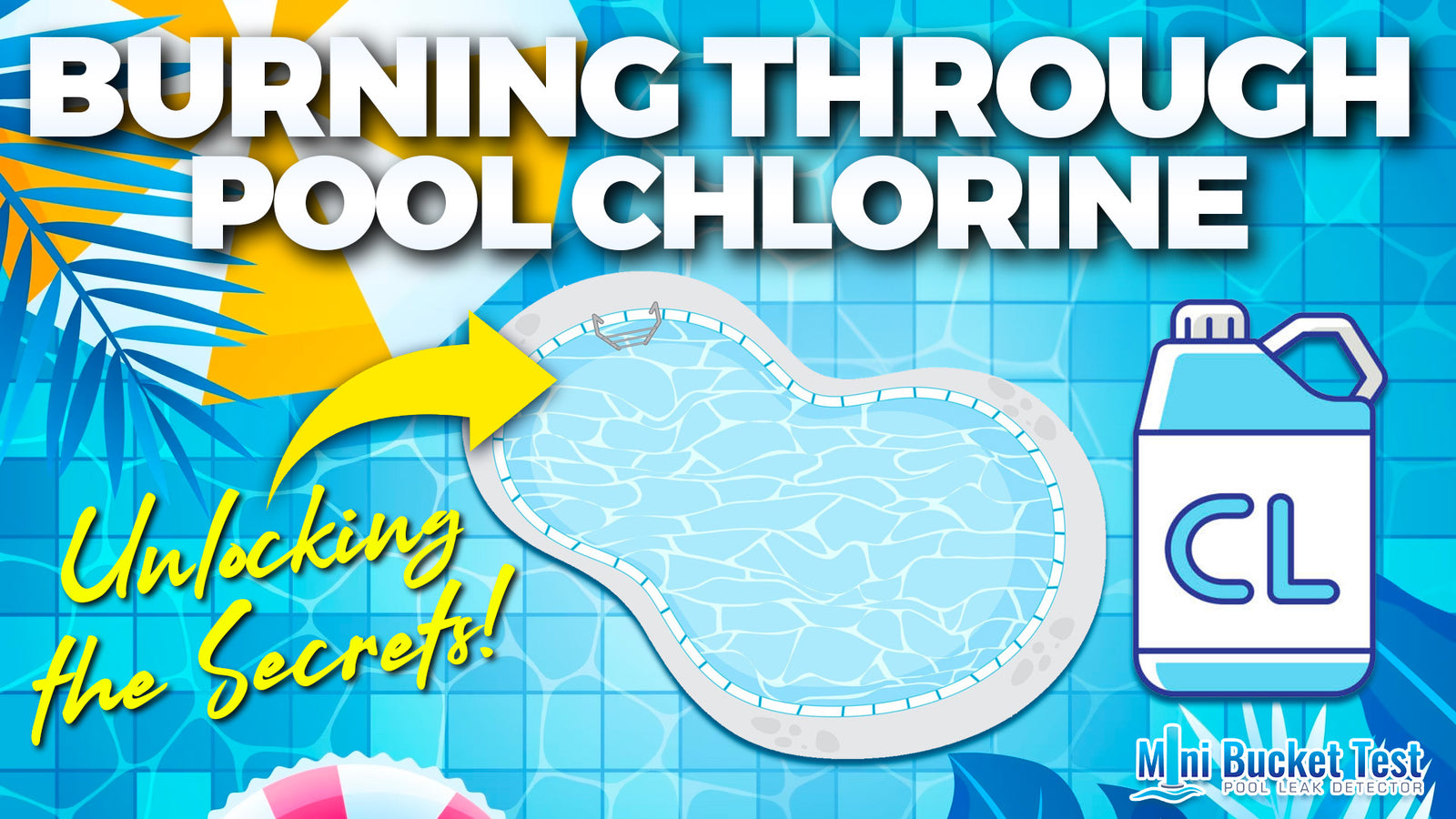Using extra chemicals? You may have a leak!

A sparkling pool is a source of joy and relaxation for many homeowners. However, the serenity can quickly evaporate when issues arise, such as mysterious water loss. While a leak might seem like the most plausible explanation, it's essential to consider alternative causes before diving into extensive repair processes. In this article, we'll delve into the lesser-known factors that could mimic a pool leak, particularly those related to the use of extra salt or conditioner.
Understanding Pool Leaks:
Pool leaks can be elusive adversaries, causing frustration and financial strain for homeowners. They manifest through various symptoms, including sudden drops in water level, soggy patches around the pool area, or malfunctioning equipment. Identifying the root cause of these issues is crucial to implementing effective solutions and preventing further damage.
The Role of Salt and Conditioner:
Salt and conditioner are integral components in maintaining water balance and cleanliness in swimming pools. Salt, often used in saltwater pools, generates chlorine through electrolysis, providing a gentler alternative to traditional chlorination. On the other hand, conditioner, also known as stabilizer or cyanuric acid, shields chlorine from degradation due to sunlight, prolonging its effectiveness.
However, the benefits of salt and conditioner can backfire when used excessively. Overdosing on these substances can result in water imbalances, leading to a slew of problems, including corrosion, equipment damage, and yes, even symptoms that mimic a pool leak.
Identifying Symptoms of Excessive Salt or Conditioner:
Unexplained Water Loss: While a drop in water level is often associated with leaks, it can also occur due to high levels of salt or conditioner. These substances can alter water density, causing it to evaporate more rapidly than usual.
Equipment Malfunctions: Excessive salt or conditioner can corrode pool equipment, leading to malfunctions in pumps, filters, or heaters. Such issues may contribute to water loss or irregular water circulation.
Altered Water Chemistry: Elevated levels of salt or conditioner can disrupt water chemistry, leading to imbalances in pH, alkalinity, or chlorine levels. This imbalance not only affects water clarity but also exacerbates evaporation, contributing to perceived leaks.
Prevention and Remediation:
Preventing issues stemming from excessive salt or conditioner begins with proper maintenance and monitoring. Regularly test water chemistry and adjust chemical levels within recommended parameters. Additionally, adhere to manufacturer guidelines when adding salt or conditioner to the pool.
If you suspect excessive salt or conditioner is causing symptoms resembling a leak, consult a professional pool technician for accurate diagnosis and remediation. They can conduct comprehensive tests to assess water quality and equipment integrity, recommending appropriate solutions to restore balance and functionality.
Conclusion:
While pool leaks are a common concern for homeowners, it's essential to consider alternative causes before jumping to conclusions. Excessive salt or conditioner usage can mimic symptoms of a leak, leading to unnecessary expenses and repairs. By understanding the role of these substances and monitoring water balance diligently, homeowners can maintain a healthy pool environment and minimize the risk of false alarms. Remember, when in doubt, seek guidance from qualified professionals to ensure your pool remains a source of relaxation and enjoyment for years to come.

